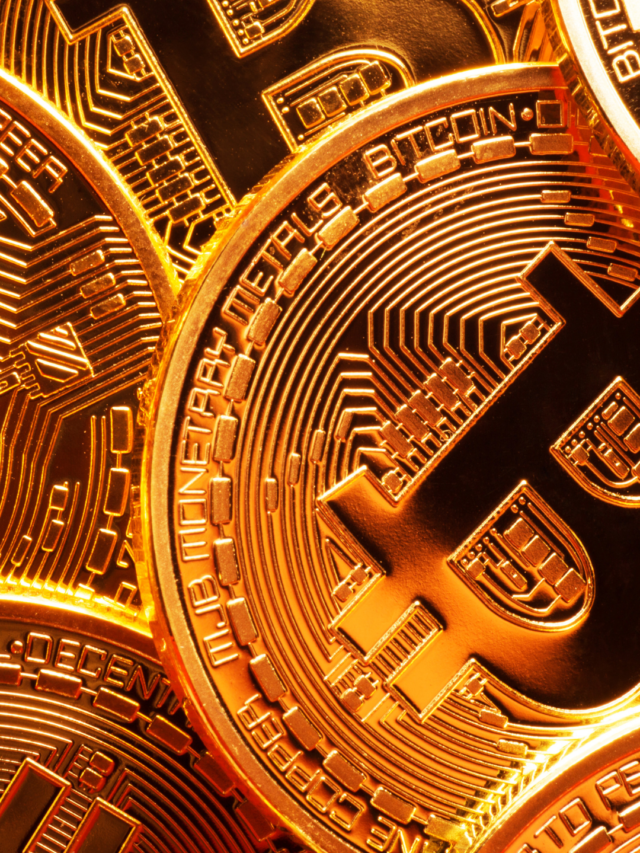
As regulators weigh potential fraud charges against leading cryptocurrency exchange Binance, they face a difficult balancing act between enforcement and protecting consumer confidence, according to a news report.
Officials at the U.S. Department of Justice are hesitating to bring criminal charges against Binance over worries it could trigger a “run” on the exchange, per confidential sources cited in the report. This concern echoes the market chaos that ensued last November when rival exchange FTX collapsed amid fraud allegations, wiping out billions in customer funds.
Bringing a criminal case against Binance would represent an aggressive escalation of existing regulatory actions against the exchange, which is already facing lawsuits from the U.S. Securities and Exchange Commission (SEC) and Commodity Futures Trading Commission (CFTC).
However, prosecution also risks undermining confidence in cryptocurrency markets if customers rush to withdraw funds from Binance. This presents regulators with a difficult tradeoff between accountability and stability as they map out an enforcement strategy.
Weighing the Costs of Prosecution
For regulators like the DOJ, filing criminal charges against a major player like Binance would normally be an important demonstration of enforcement resolve.
However, the crypto landscape now requires more delicate considerations around how markets and consumers may react. As one confidential source stated, “You indict Binance in the United States and there will be a run on the bank.”
Prosecutors are reportedly exploring alternatives like levying a fine or entering into a deferred prosecution agreement. But these options could draw criticism for being overly lenient on an exchange facing myriad regulatory actions.
“A criminal case would be a big deal, but money alone may not be sufficient to deter future bad actors in crypto,” said John Reed Stark, former chief of the SEC’s Office of Internet Enforcement.
Protecting Consumers or Enabling Recklessness?
Regulators have struggled to find an appropriate response to misdeeds in the young, unstable crypto industry.
Critics argue that in some cases, regulators have been overly deferential in order to avoid disrupting digital asset markets. This includes the SEC settling with crypto lending platform BlockFi for $100 million without admitting wrongdoing.
“That’s not good deterrence,” said Urska Velikonja, professor of law at Georgetown University. “It’s barely a slap on the wrist.”
However, regulators counter that bringing the hammer down without regard for consequences would be irresponsible.
“Law enforcers can’t just say we have to punish every violation and let consumers pay for it,” said Lee Reiners, executive director of the Global Financial Markets Center.
Striking the right balance remains an urgent dilemma. As one securities lawyer noted, “No one wants to be the prosecutor that brings down an exchange, but no one wants to be the prosecutor that enabled more reckless behavior.”
Ongoing Legal Pressure
Binance is already under heavy legal pressure on multiple fronts beyond the DOJ investigation.
The SEC lawsuit accuses Binance of enabling illegal securities transactions, while the CFTC claims the exchange facilitated off-exchange commodity derivatives trading. Both regulators are seeking substantial penalties.
Meanwhile, the DOJ and IRS have an ongoing money laundering and tax evasion probe into Binance’s operations. The exchange is also fielding international sanctions-related investigations from authorities in Germany, Poland, Japan, and elsewhere.
Despite the encircling legal threats, Binance has yet to be hit with formal criminal charges in the U.S.
But with Binance and charismatic CEO Changpeng Zhao defiantly rejecting accusations of wrongdoing, prosecutors likely face an uphill battle if they pursue indictments. This adds to the tricky calculus around filing criminal charges.
For now, regulators continue weighing the evidence, considering the market impacts, and mapping out their next moves. Their handling of the Binance case will set an important precedent in crypto enforcement – for better or worse.




